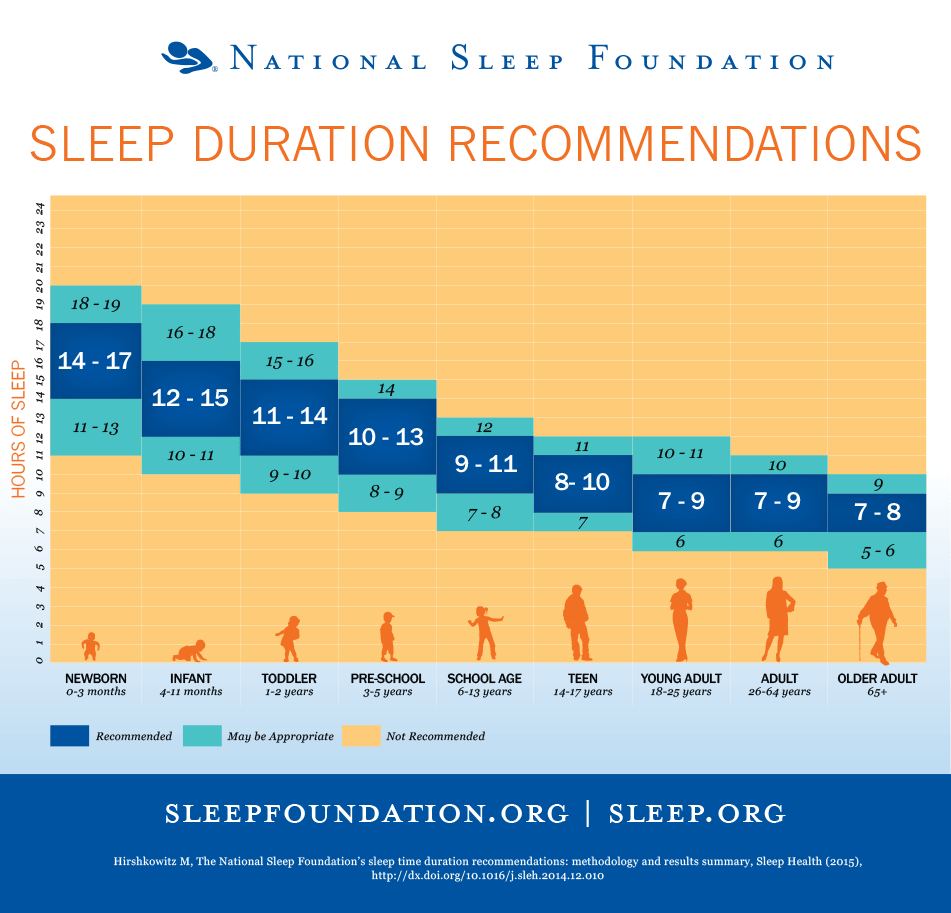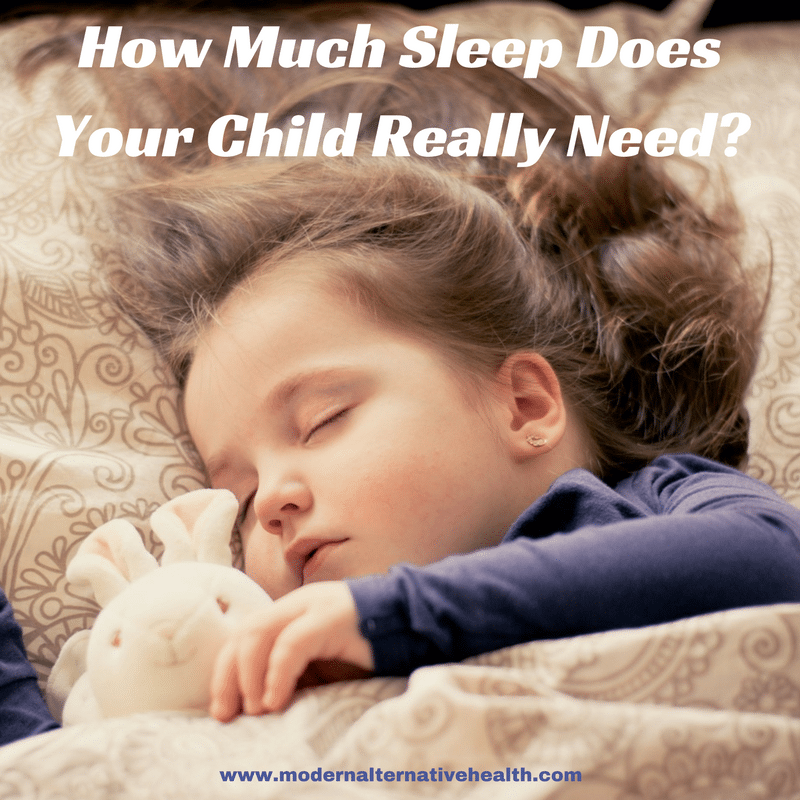One of the most difficult struggles we have as parents is making sure our children get enough quality sleep at the right time. It takes knowledge, perseverance, patience, and a lot of luck to balance our children’s sleep schedules. We know quite well that if our children do not get adequate sleep, they will be fussy and uncooperative. How much sleep is enough to meet their needs? It is so important that we learn how to navigate our day to ensure our children get the rest they need. This article, by contributing writer, Sandi Schwartz, will provide the roadmap of how much sleep is needed for happy, healthy growing children.
How Much Sleep Does Your Child Really Need?
Importance of Sleep
Besides keeping our child’s temper in balance, sleep provides so many essential benefits for our growing children. While asleep, children process and absorb what they have learned. Some studies even have found that sleep improves a child’s intelligence and memory.
Sleep also allows a child’s body to recover and repair itself, and of course to grow. Finally, sleep plays a big role in managing mood. Lack of sleep can lead to an increase in negative behavior like anxiety, impatience, and aggression.
Figuring Out The Right Amount Of Sleep
Your child’s happiness, growth, and behavior depend on the amount and type of sleep they get. How will you know if they are getting enough sleep? For starters, watch their behavior and actions. If they are clumsy and get hurt a lot, that may be a sign that they are too tired. If their attention span is very short and they are having trouble learning, then maybe more sleep would help.
Part of this involves a mother’s instinct, but there are also helpful guidelines established by medical professionals. Although the amount of sleep a child needs varies depending on the individual and certain factors, the following time frames can be quite helpful as you try to plan out your family’s schedule. It will also help you determine when the amount of sleep your child is getting does not meeting normal expectations so you can identify if there is a problem that needs to be addressed.

WebMD also published the following guidelines in 2016 that are more specific to age from newborns to toddlers.
1-4 Weeks Old: 15-16 hours per day.
Newborns typically sleep about 15 to 18 hours a day, but only in short periods of 2-4 hours. Premature babies may sleep longer and colicky ones shorter. Since newborns do not yet have an internal biological clock, their sleep patterns are not related to the daylight and nighttime cycles. They actually do not have much of a pattern yet.
1-4 Months Old: 14-15 hours per day.
By 6 weeks, you may notice more regular sleep patterns. This is when day-night confusion typically ends. The longest periods of sleep run 4-6 hours and tend to be in the evening.
4-12 Months Old: 14-15 hours per day.
While up to 15 hours is ideal, most infants up to 11 months old get only about 12 hours of sleep. Babies typically have 3 naps and drop to 2 naps at around 6 months old, which is when they are physically capable of sleeping through the night. This is a good time to establish regular naps. The mid-morning nap usually starts at 9 a.m. and lasts about an hour. The early afternoon nap starts between noon and 2 p.m. and lasts an hour or two. Finally, the late afternoon nap may start anywhere from 3 p.m. to 5 p.m. and varies in length.
1-3 Years Old: 12-14 hours per day.
After 1 years old, children give up their morning and early evening naps and only nap once a day. Toddlers need up to 14 hours a day of sleep, but typically get only about 10. Most children from about 21 to 36 months old still need one nap a day, which may range from 1 to 3.5 hours long. They typically go to bed between 7 p.m. and 9 p.m. and wake up between 6 a.m. and 8 a.m.
3-6 Years Old: 10-12 hours per day.
Children at this age typically go to bed between 7 p.m. and 9 p.m. and wake up around 6 a.m. and 8 a.m. At age 3, most children are still napping, while at age 5, most are not.
7-12 Years Old: 10-11 hours per day.
Bedtimes gradually become later and later, with most 12 year olds going to bed around 9 p.m. The average amount of sleep at this age is only about 9 hours.

Balancing Naps and Night Sleep
Naps are a critical part of a child’s sleep schedule for the first few years. Your baby can survive without naps, but it will most likely impact their development, mood, and behavior. Experts suggest maintaining a consistent routine so they can develop an internal clock, and fall asleep more quickly and easily at night.
However, naps are a true balancing act. Researchers recently discovered that napping after 2 years old may actually be bad for children because it can affect their ability to sleep at night. It will take some trial and error on your part to figure out what works best for your child. You may have to adjust the schedule. If they are napping too long, then wake them up so that they can still go to bed in the evening without a struggle.
Most children stop napping in the morning between 12 and 21 months. The best time for a single nap is in the early afternoon. Most children stop taking naps at around age 4, but some continue for another year.
Here are some specific napping guidelines by age:
| Age | # Naps |
Hours |
| 3 months | 3-4 | 2-4 |
| 6 months | 2 | 1-3 |
| 12-18 months | 1-2 | 1 hour morning and/or 1-3 hours afternoon |
| 2-3 years | 1 | 1-3 hours early afternoon |
| 4-5 years | 1 | 1-3 hours early afternoon |
| 5-6 years | 0-1 | 1 hour sleep or quiet time |


The article is really useful. I will be a mom and I’m very happy for about that. Thanks to your article, I have learned a lot of experience and know what is best for my son. Thanks